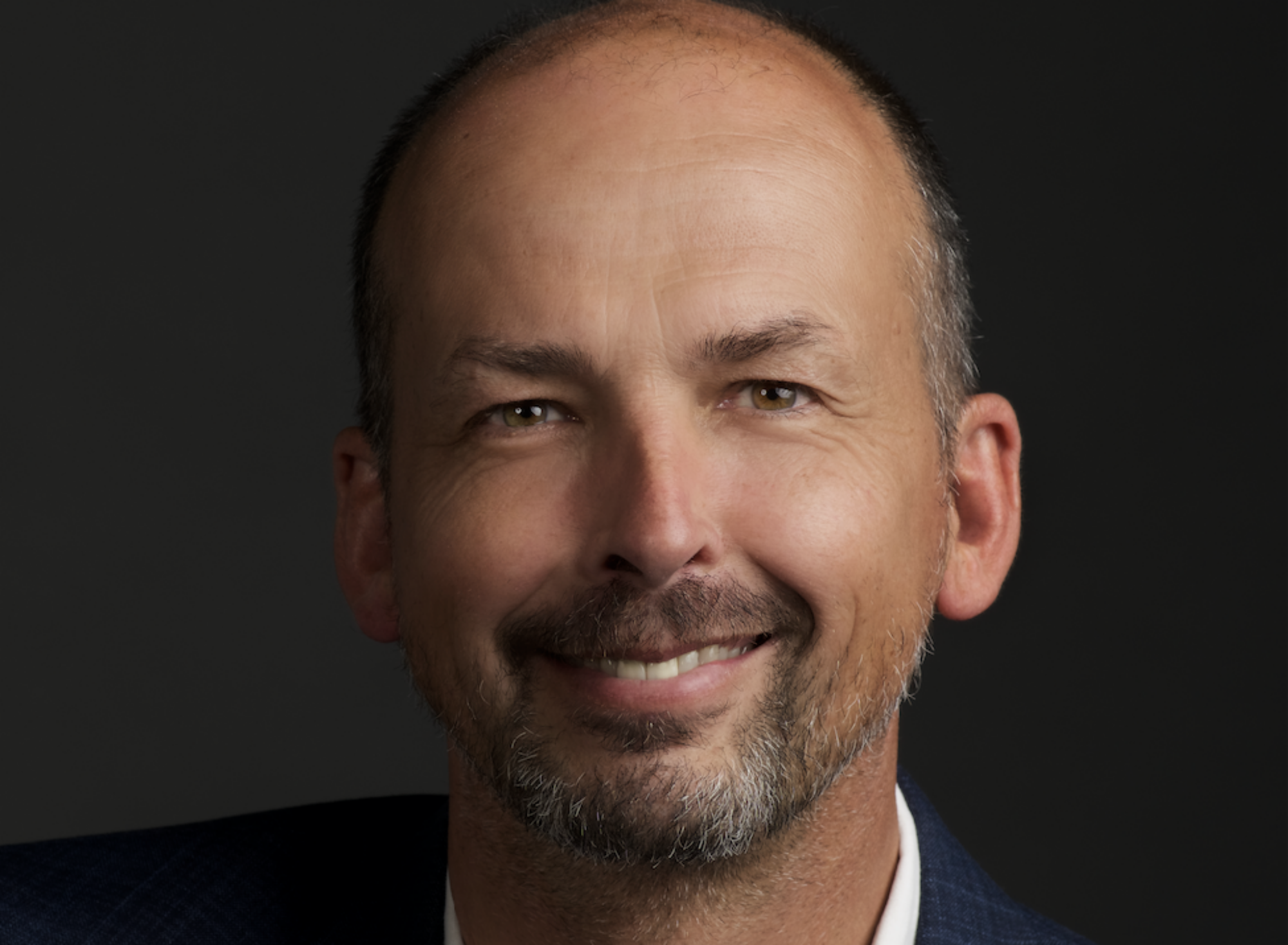A good friend, Caitlin Frost, asks yesterday through email for ideas about teaching vision and working with vision. She’s smart on her own. She’s also smart to ask.
I respond quickly, delightfully distracted by her question, and putting aside my current todo list. Nuances of spirit, of the unseen often take me like this.
“One of the things I’m leaning into these days is the ‘arrival’ of vision, not just the ‘creating’ of it. As you say, connected to emergence. I encourage the group to ‘look away’ from some intense thinking and see what ‘sticks.’ Or give them multiple modalities. I love the way that drawing, for instance, changes the impression (true for ‘non-artists’ also). I want them to welcome it to arrive — not just work at it.”
ad
I love, and need, approaches rooted in discernment and a self-organizing premise. It’s related to, but different from tenacity. Gut feel is related to, but different than powering up for thirty more pushups. Discernment and self-organizing trusts a natural process (water runs down hill). It’s an alternative to more engineering (you can make water run uphill; it just might not be the most simple way).
ad
Chris Corrigan also responded. Chris knows as much as anyone I know about working from a complexity framework.
You can have a vision of a full bath tub of steaming hot water. You can have a vision of making your home run on rain water alone. You can have a vision of safe drinking water for all humans.
The first is simple, short term and you have all the tools and abilities to make it happen.
The second is more complicated and you require a few experts to make it happen, but with the right people and resources, you can achieve it.
The third is not up to you. It is a complex and adaptive system. You may be motivated by a desire to see safe drinking water for all humans but you are unlikely to achieve it because it is a complex problem. Intention can make a difference here and instead of working TOWARDS a tangible vision you can work FROM an intention and guide your actions against that.
Read the rest of Chris’ post here.
Nuances can make all of the difference. Often with things that are presumed that “we all know,” including words that are so common like vision.
Thanks friends. It’s good to walk the path together.

